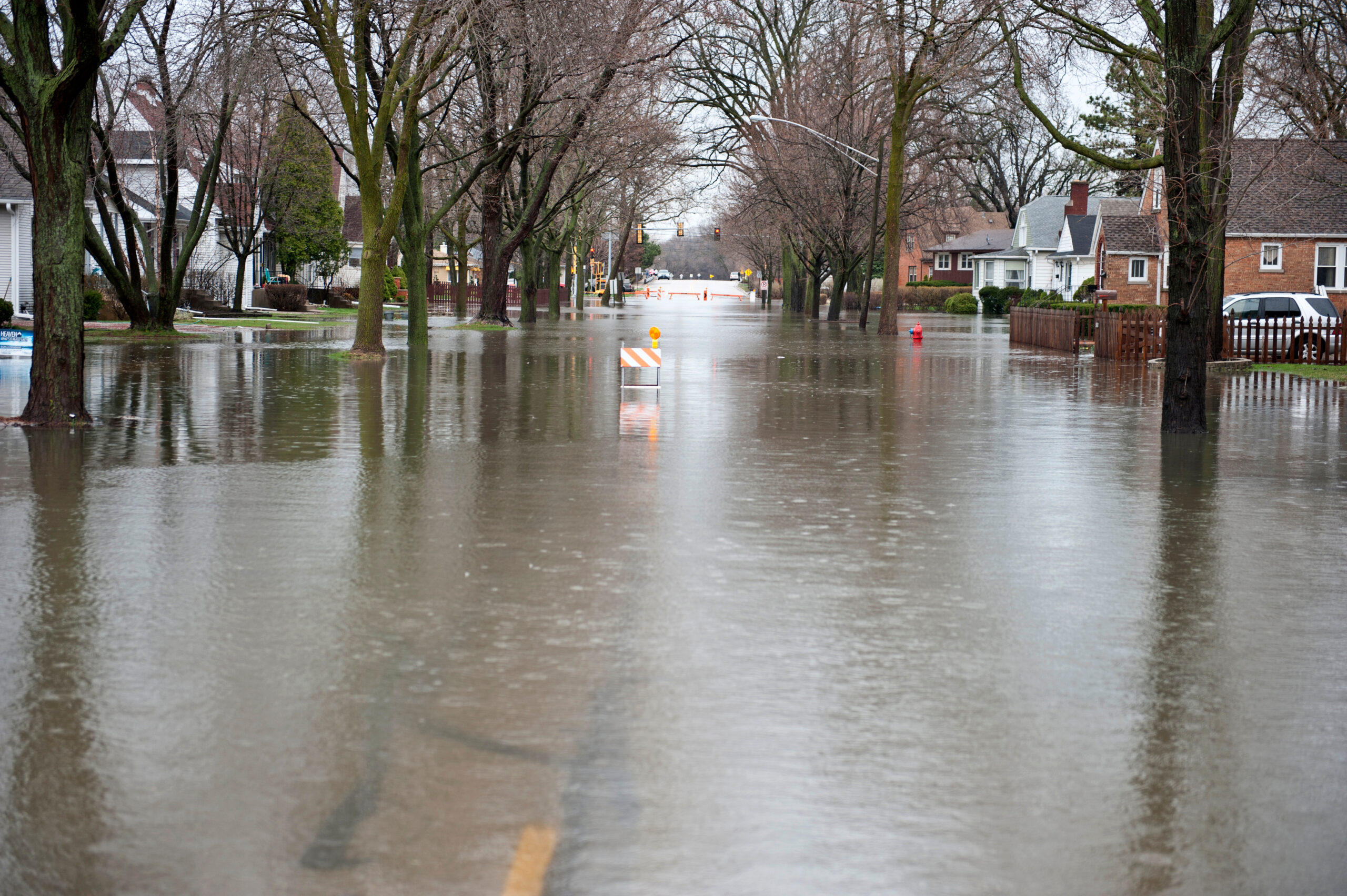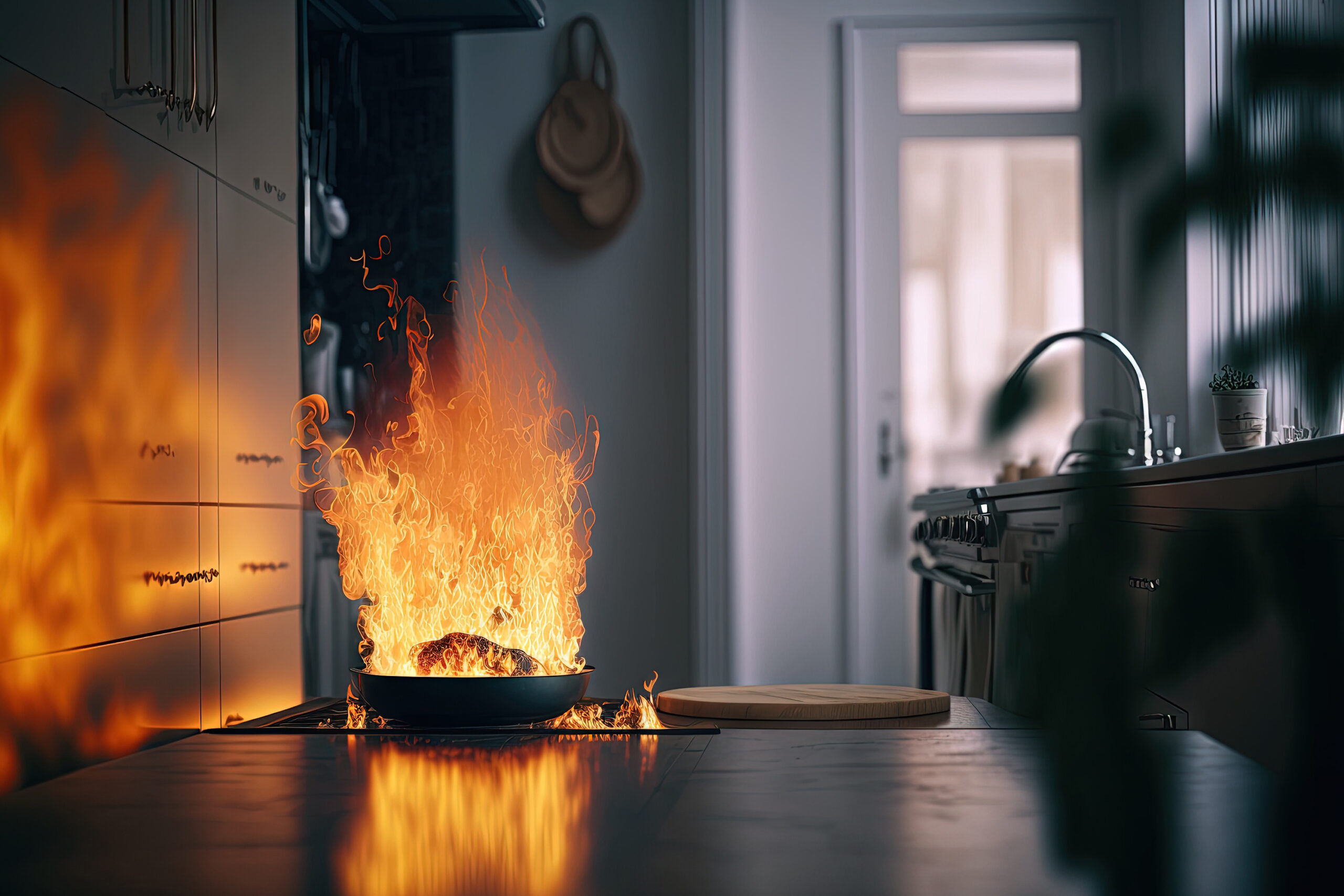Did you know severe weather in 2022 caused $3.1 billion in insured damage, making it the third-worst year for insured damage in Canadian history (IBC)?
Staying up to date on property damage statistics is crucial so that adjusters can keep up with industry trends and accurately evaluate how much property damage can cost.
This blog post provides a rundown of common natural, man-made, and miscellaneous Canadian property damage statistics that all adjusters should know.
Natural Disaster Property Damage Statistics

Natural disasters are increasing at an alarming rate. According to the Canadian Climate Institute, between 2010 and 2019, the cost of weather-related disasters was twice as high as from 1938 to 2009. Additionally, the average cost of a natural disaster has jumped 1250% since the 1970s.
Below, we’ve listed additional Canadian natural disaster property damage statistics:
- Up to 10% of homes are uninsurable for flooding. (Edmonton Journal)
- Flooding poses a significant threat to over 1.5 million policyholder households. (IBC)
- The yearly costs of natural disasters have increased by $400 million from just 10 years ago. (Natural Resources Canada)
- From 2008-2022, 472,000 policyholders were displaced due to a natural disaster. (Internal Displacement Monitoring Centre)
- More than a 1/4 of people affected by major emergencies have to evacuate their homes. (Statistics Canada)
- More than 1 in 5 Canadians say they, a family member, or a close friend have experienced property damage due to natural disasters. (CTV)
Man-Made Property Damage Statistics

When it comes to property damage, climate change isn’t always to blame. From accidental kitchen fires to improper handling of smoking materials, man-made disasters can leave many Canadian families displaced from their homes.
The following are a few important man-made property damage statistics:
- From 2012 to 2021, CPS reported nearly 92,000 incidents of arson, 43% occurring in private dwellings. (Statistics Canada)
- 14,194 house fires between 2005-2014 were caused by cooking mishaps in Ontario alone, estimated at $100 million in total property damage. (NFID Canada)
- Between 2005-2014, Alberta’s 3,596 reported home cooking structure fires equated to $192,936,915 in damages. (NFID Canada)
- Cooking equipment is the most common cause of fires in Canadian homes. (Reader’s Digest Canada)
- Smoking materials caused 205,332 structural fires in B.C., Alberta, Saskatchewan, Manitoba, Ontario, and New Brunswick over the past ten years. (Fire Fighting)
Miscellaneous Property Damage Statistics

From water damage to electrical fires, miscellaneous disasters pose a significant threat to policyholders’ homes. Unfortunately, countless policyholders are victims of these unexpected disasters annually.
The following are a few miscellaneous property damage statistics that adjusters should note:
- Water damage is the leading cause of property damage, costing approximately $1.7 billion per year. (Loewen Agencies)
- 20% of all fires in Canada are due to electrical fires. (Make it Right Holmes)
- Around 3,300 home fires are created from extension cords annually. (ESFI)
- Portable space heaters are the leading cause of 171 house fires across Canada. (CTV News)
- Live Christmas trees result in more than $14 million of property damage annually, with 8% of the fires starting from candles. (lckInsurance)
The Impact Property Damage Has on Insurance Companies
Property damage not only greatly affects displaced policyholders, but it can also add work to adjusters’ already full plates.
Dealing with property damage claims can be challenging, especially if the damage is caused by a natural disaster or a fire affecting multiple policyholders.
When policyholders become displaced, they understandably tend to focus on finding temporary accommodations before focusing on their insurance claim. This situation poses another set of challenges for adjusters who need policyholder cooperation to assess the damages and assist in rebuilding the policyholders’ homes.
That’s where Accomsure comes into play. At Accomsure, we will help your displaced policyholders find temporary housing that meets their needs and is within their policy limits so you can work with them on advancing their homeowner insurance claims.
Submit a claim with Accomsure today!




